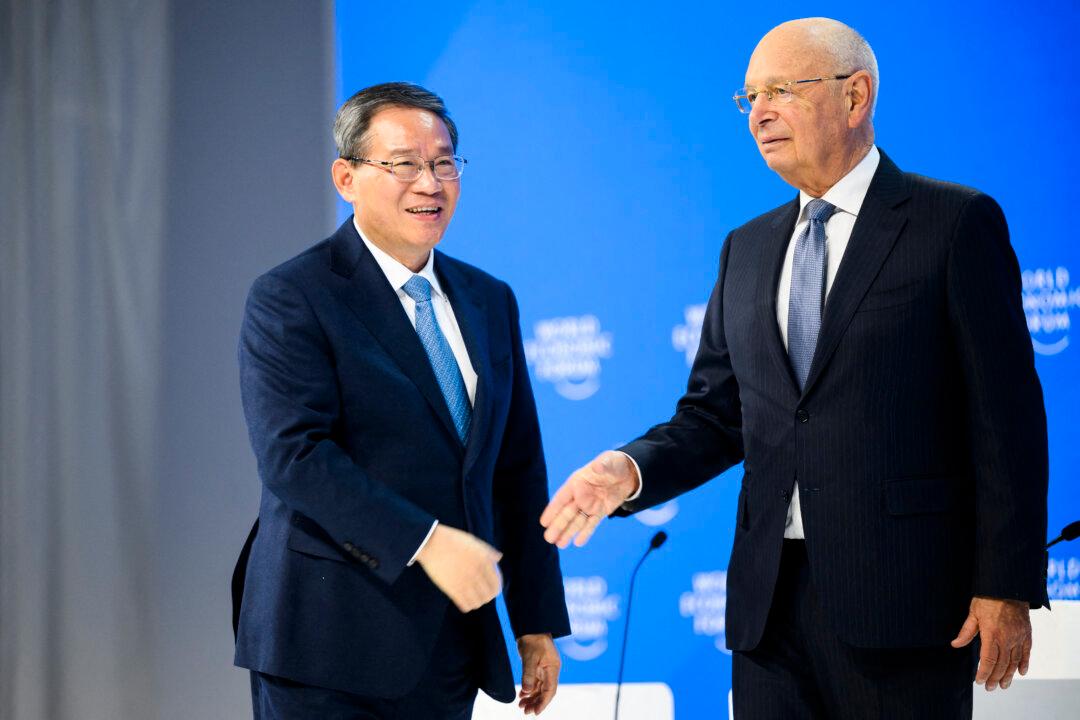News Analysis
China’s ruling Chinese Communist Party (CCP) sent a large delegation to this year’s World Economic Forum in an attempt to attract foreign investments to save China’s slumping economy.

China’s ruling Chinese Communist Party (CCP) sent a large delegation to this year’s World Economic Forum in an attempt to attract foreign investments to save China’s slumping economy.